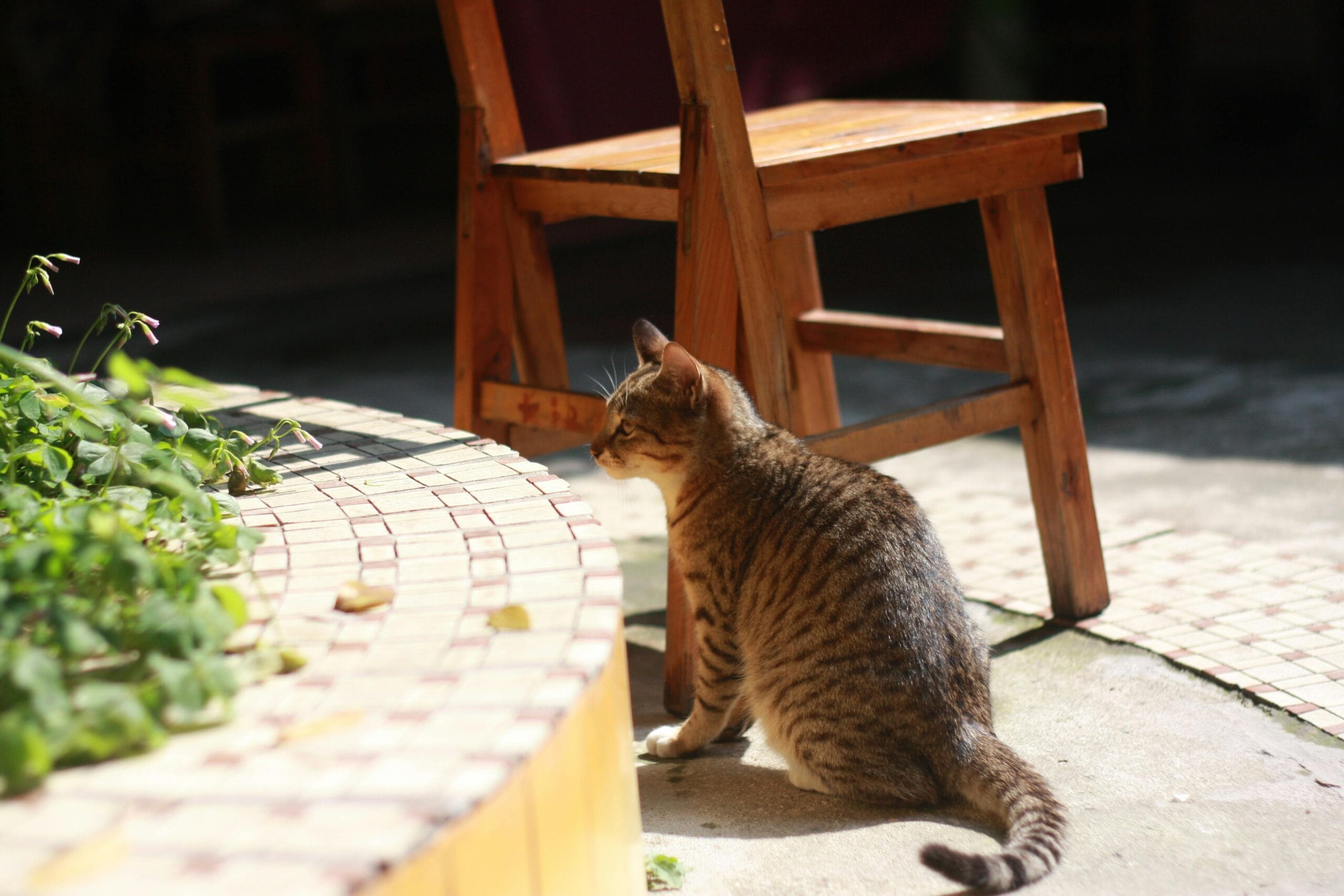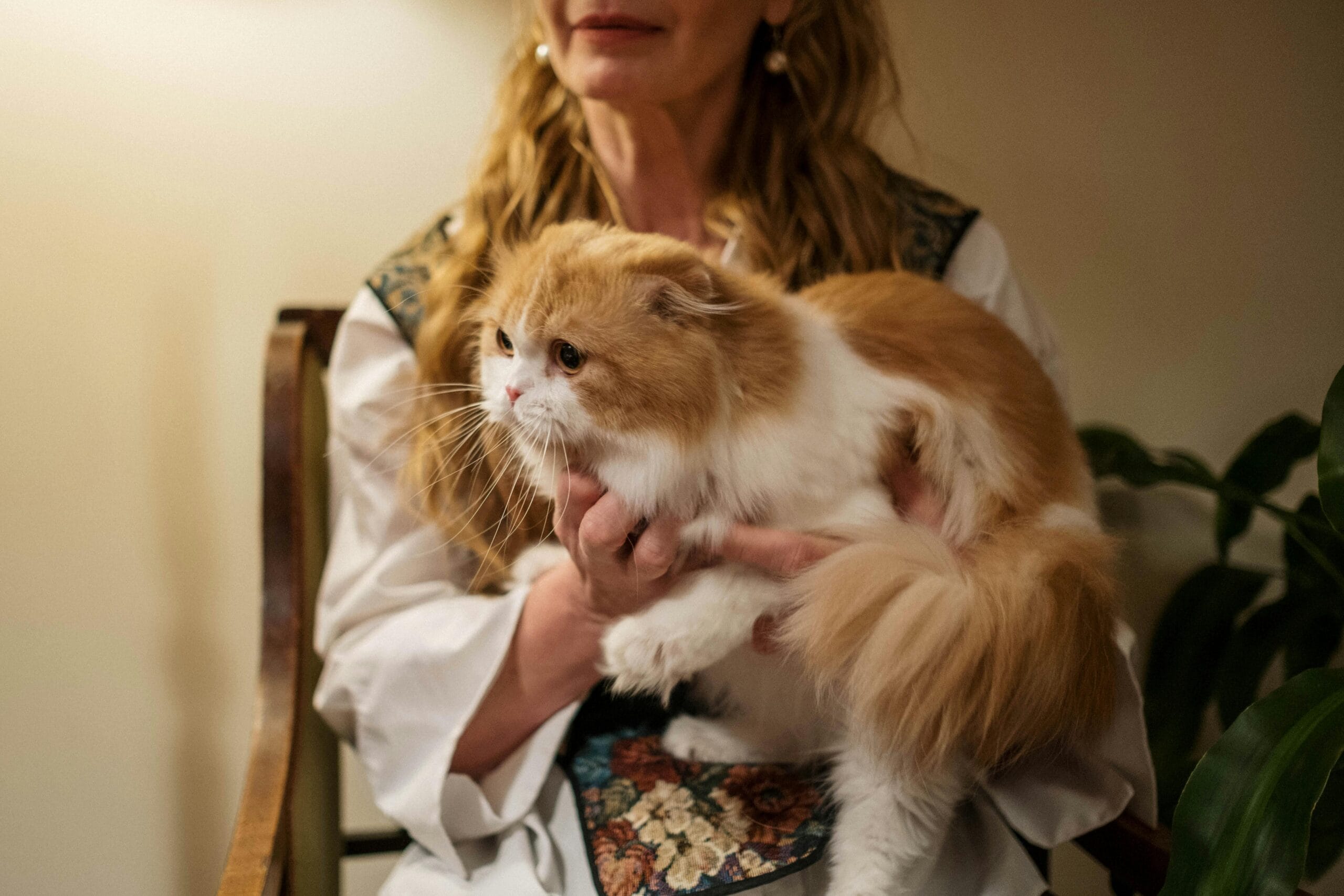How Long Can Kittens Be Left Alone ?

How long can kittens be left alone? Find out the safe limits for leaving kittens alone, avoiding separation anxiety & ensuring their wellbeing. Leaving kittens alone? Get expert advice on kitten alone time.
How Long Can Kittens Be Left Alone? A Comprehensive Guide
Bringing a kitten into your home is a joyous occasion, filled with playful antics and adorable purrs. However, a crucial aspect of responsible kitten ownership involves understanding their needs and ensuring their well-being, particularly when you’re not around. This comprehensive guide tackles the frequently asked question: How long can kittens be left alone? We’ll explore various factors influencing the answer, providing you with the knowledge to make informed decisions and keep your furry friend safe and happy.
**Leaving Kittens Alone: Age Matters Most**
The most critical factor determining how long you can leave a kitten alone is their age. Young kittens, especially those under 8 weeks old, are entirely dependent on their mothers and require constant care. Their immature systems are vulnerable to dehydration, hypothermia, and stress if left unsupervised for extended periods. Leaving a kitten this young alone for even a few hours can be risky.
Between 8 and 12 weeks, kittens begin to develop more independence but still need frequent attention. Their bladders are small, and their ability to regulate their body temperature is still developing. Prolonged periods of kitten alone time can lead to accidents, discomfort, and potential health problems. During this period, experts generally recommend leaving kittens alone for no more than 4 hours at a time. Longer periods should be avoided.
Once a kitten reaches 12 weeks and older, their resilience increases. They can generally hold their bladders for longer durations and better regulate their temperature. Even at this stage, however, prolonged periods of solitude can negatively impact their development. Leaving a kitten alone for several hours a day may be acceptable for many kittens, but individual needs vary widely. It’s essential to observe your kitten’s behavior and adjust your schedule accordingly.
**Factors Affecting Kitten Alone Time**
Age is the primary factor, but several other elements influence how long can kittens be left alone:
**Kitten’s Personality:**
Some kittens are naturally more independent and adaptable than others. An outgoing and playful kitten might tolerate short periods of solitude better than a shy and anxious one. Observe your kitten’s behavior when you’re home. Do they seem content playing independently, or do they constantly seek attention? This can help gauge their tolerance for alone time.
**Access to Resources:**
Ensuring your kitten has access to essential resources significantly impacts their well-being during periods of leaving kittens alone. This includes:
- Fresh water: Multiple water bowls are recommended to avoid dehydration.
- Food: Provide enough food to last during your absence. Dry food is often the best option as it doesn’t spoil as quickly.
- Litter box: A clean, easily accessible litter box is crucial. Consider adding an extra box if your home is large.
- Safe and stimulating environment: A comfortable, safe space with toys helps prevent boredom and stress.
- Scratching posts: Provide adequate scratching opportunities to prevent damage to your furniture and keep your kitten entertained.
**Environmental Factors:**
Extreme temperatures can pose a risk to kittens. Ensure your home is adequately heated or cooled during your absence. Leaving a kitten alone in a hot car, even for a short time, can be fatal. Always take them with you or arrange alternative care. Keep in mind that a quiet, stable environment generally makes them more comfortable.
**The gradual approach to alone time:**
Do not abruptly leave your kitten alone for extended periods. Instead, gradually increase the duration of your absences to help them adjust. Starting with short periods and slowly increasing the time allows your kitten to become more comfortable being alone, reducing the risk of anxiety or stress. You can always monitor through a pet camera to observe their reactions during these training periods.
**Signs Your Kitten is Unhappy Being Alone**
Even if your kitten is older, you need to observe their behavior for any signs of distress. These could include:
- Excessive meowing or vocalization
- Destructive behaviors (scratching furniture, excessive chewing)
- Changes in appetite or elimination habits
- Excessive sleeping or lethargy
- Increased anxiety or fearfulness
If you notice any of these signs, it indicates that your kitten may be struggling with being left alone for that duration, and you need to shorten the time or seek advice from a veterinarian.
**Alternatives to Leaving Kittens Alone**
If you are concerned about leaving your kitten alone for even short periods, consider these alternatives:
- Pet sitter: A professional pet sitter can provide your kitten with regular attention and care during your absence.
- Friends or family: Ask a trusted friend or family member to check in on your kitten.
- Boarding facility: A reputable cat boarding facility offers a safe and supervised environment for your kitten while you are away.
- Dog walker/Pet visit service:** Many services offering dog walking also offer short pet visits, checking on your pet’s needs and providing some interaction.
Choosing the best option depends on your personal circumstances and your kitten’s needs. Remember that prevention is key, and planning ahead can prevent unnecessary stress and ensure your kitten’s safety and happiness.
**Seeking Professional Guidance**
If you have any concerns about your kitten’s ability to cope with being alone, or if you observe any signs of distress, consult your veterinarian. They can provide personalized advice and guidance based on your kitten’s age, breed, and temperament. For additional information on responsible cat ownership, you can visit the ASPCA website , a reputable source for animal welfare information. They provide a wealth of resources on pet care, adoption, and responsible pet ownership.
For detailed advice on cat behavior and training, the Cornell University College of Veterinary Medicine is another excellent resource. Their website offers various articles and resources on feline health and behavior, helping you better understand your pet’s needs.
**Conclusion: Responsible Kitten Ownership and Alone Time**
Understanding how long can kittens be left alone is a critical aspect of responsible pet ownership. While older kittens can handle short periods of solitude, it’s crucial to prioritize their well-being and provide a safe, stimulating environment with ample resources. Remember to consider your kitten’s age, personality, and access to necessities when determining the appropriate amount of kitten alone time. If you have doubts or observe any unusual behavior, don’t hesitate to seek professional guidance. Regular monitoring and a gradual approach to alone time will help your kitten adapt and thrive.
Share Your Experience!
We’d love to hear about your experiences with leaving kittens alone. How long have you successfully left your kitten alone? What strategies have you used to ensure their happiness and well-being during your absence? Share your tips and advice in the comments below – your insights can help other cat owners!

Frequently Asked Questions: How Long Can Kittens Be Left Alone?
1. How long can a kitten be left alone?
This depends heavily on the kitten’s age and maturity. Very young kittens (under 8 weeks) should never be left alone for extended periods. Kittens between 8-12 weeks can tolerate short absences (up to 2-3 hours maximum), provided they have food, water, and a litter box. Older kittens (over 12 weeks) can handle slightly longer periods, but leaving them alone for more than 4-6 hours isn’t recommended. Leaving kittens alone for too long can lead to stress, accidents, and health problems.
2. My kitten is 6 weeks old. How long is too long to leave them alone?
A 6-week-old kitten is far too young to be left alone. At this age, they require frequent feeding, warmth, and stimulation. Leaving kittens alone at this age is unsafe and should be avoided completely. Find a friend, family member, or pet sitter to help care for them.
3. What are the signs my kitten is stressed from being left alone?
Signs of stress from kitten alone time include excessive vocalization (meowing, crying), destructive behavior (scratching furniture, urination outside the litter box), loss of appetite, and lethargy. If you observe these behaviors, shorten the time you leave your kitten alone.
4. How can I make leaving my kitten alone easier for them?
Provide plenty of toys, scratching posts, and comfortable resting places. Ensure food, water, and a clean litter box are readily available. Consider leaving the radio or TV on at a low volume to provide comforting background noise. A pheromone diffuser can also help reduce stress.
5. My kitten is 10 weeks old. Is 4 hours of Leaving Kittens Alone okay?
Four hours might be pushing it for a 10-week-old kitten. While they’re slightly more independent, it’s still a significant amount of time alone. Aim for shorter periods if possible and gradually increase the time as they mature, always monitoring for signs of stress.
6. What happens if I leave my kitten alone for too long?
Leaving kittens alone for extended periods can lead to dehydration, hunger, anxiety, accidents (e.g., urinating outside the litter box), and even illness due to stress. In extreme cases, it can be dangerous.
7. Is it better to leave my kitten alone in a crate or free-roaming in a room?
Many kittens prefer a safe, contained space like a crate. However, ensure the crate is appropriately sized and comfortable, with food, water, and a litter box inside. Always supervise your kitten in the crate initially to ensure they’re comfortable. A secure, kitten-proofed room might also be suitable for older, more independent kittens.
8. Can I leave two kittens alone for longer than one?
While two kittens might seem to keep each other company, it doesn’t eliminate the need for regular care. They still need food, water, a clean litter box, and attention. The maximum time should still be based on their age and maturity, not just the fact that they are together.
9. At what age can I start leaving my kitten alone for longer periods?
Gradually increase the duration of kitten alone time as your kitten matures. After 12 weeks, you can consider increasing the alone time to 4-6 hours maximum, carefully observing for signs of stress. However, even adult cats generally prefer some interaction with their humans.
10. What if I have to work long hours? How can I ensure my kitten isn’t alone for too long?
For long working hours, arrange for a pet sitter, friend, family member, or consider a reputable daycare facility for kittens. Leaving a young kitten alone for extended periods is never ideal and can negatively impact their well-being. Prioritize finding reliable care to ensure the health and happiness of your kitten.

How Long Can Kittens Be Left Alone? Practical Tips & Health Considerations
Leaving kittens alone can be stressful for both you and your furry friend. The ideal scenario is constant supervision, especially for very young kittens. However, life happens. This guide provides practical tips and health considerations to help you determine a safe timeframe.
Factors Affecting Alone Time
The length of time a kitten can be left alone depends heavily on several factors:
- Age: Very young kittens (under 8 weeks) should never be left alone for extended periods. They need frequent feeding, warmth, and stimulation.
- Litter Box Access: Ensure adequate litter box access. Kittens, especially younger ones, have small bladders and may need to go more frequently.
- Food and Water: Always provide fresh food and water, especially if you’re away for several hours. Consider an automatic feeder and water fountain for longer absences.
- Temperament: Some kittens are more independent than others. A confident kitten might handle short periods of alone time better than a shy or anxious one.
- Environmental Enrichment: A stimulating environment with toys and scratching posts can help keep your kitten occupied and reduce stress.
Safe Timeframes (General Guidelines)
These are general guidelines only. Always err on the side of caution.
- Under 8 weeks: Ideally, never alone. If absolutely necessary, keep it to a maximum of 2-3 hours, and only if you have a safe, stimulating environment and access to necessities.
- 8-12 weeks: Up to 4 hours maximum, with proper provisions.
- 12 weeks and older: Potentially up to 6 hours, depending on the kitten’s temperament and preparedness. However, always consider gradually increasing alone time.
Health Considerations
Leaving kittens alone for too long can lead to:
- Dehydration: Access to fresh water is crucial. Dehydration can quickly become a serious problem.
- Stress and Anxiety: Prolonged loneliness can lead to behavioral issues such as excessive meowing, destructive behavior, or litter box problems.
- Accidents: Young, unsupervised kittens are more prone to accidents like getting tangled in cords or ingesting dangerous objects.
- Illness: If a kitten becomes ill while alone, it can’t seek help.
Alternatives to Being Alone
Consider these options to avoid leaving your kitten alone for extended periods:
- Pet sitter: A professional pet sitter can provide care and attention while you’re away.
- Friends or family: Ask a trusted friend or family member to check on your kitten.
- Boarding: A reputable boarding facility can offer a safe and stimulating environment.
Remember, your kitten’s well-being is paramount. Prioritize their needs and always ensure a safe and comfortable environment, even during brief absences.
SEO Keywords:
kitten alone, leaving kitten alone, how long can kitten be alone, kitten alone time, kitten safety, kitten health, leaving pets alone, pet sitter, kitten care, kitten anxiety, dehydration in kittens.
1 thought on “How Long Can Kittens Be Left Alone ?”